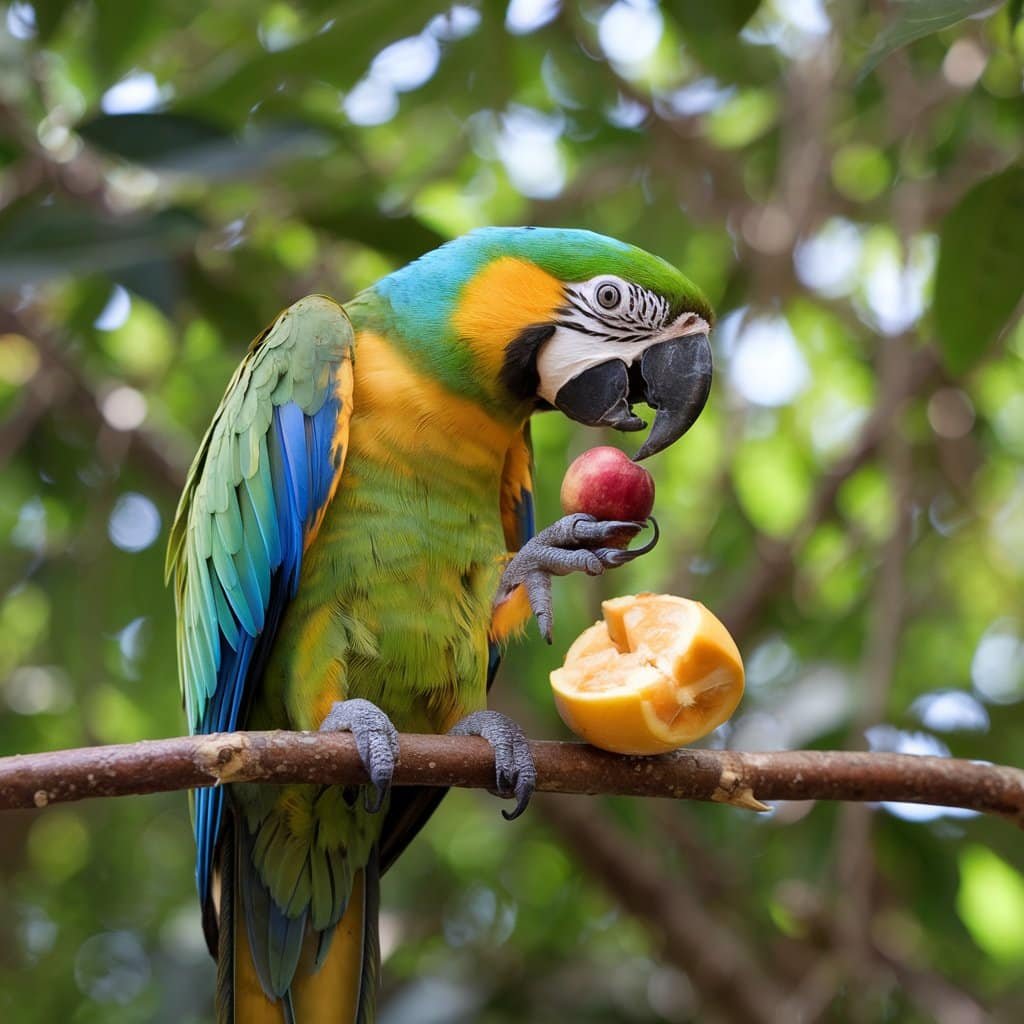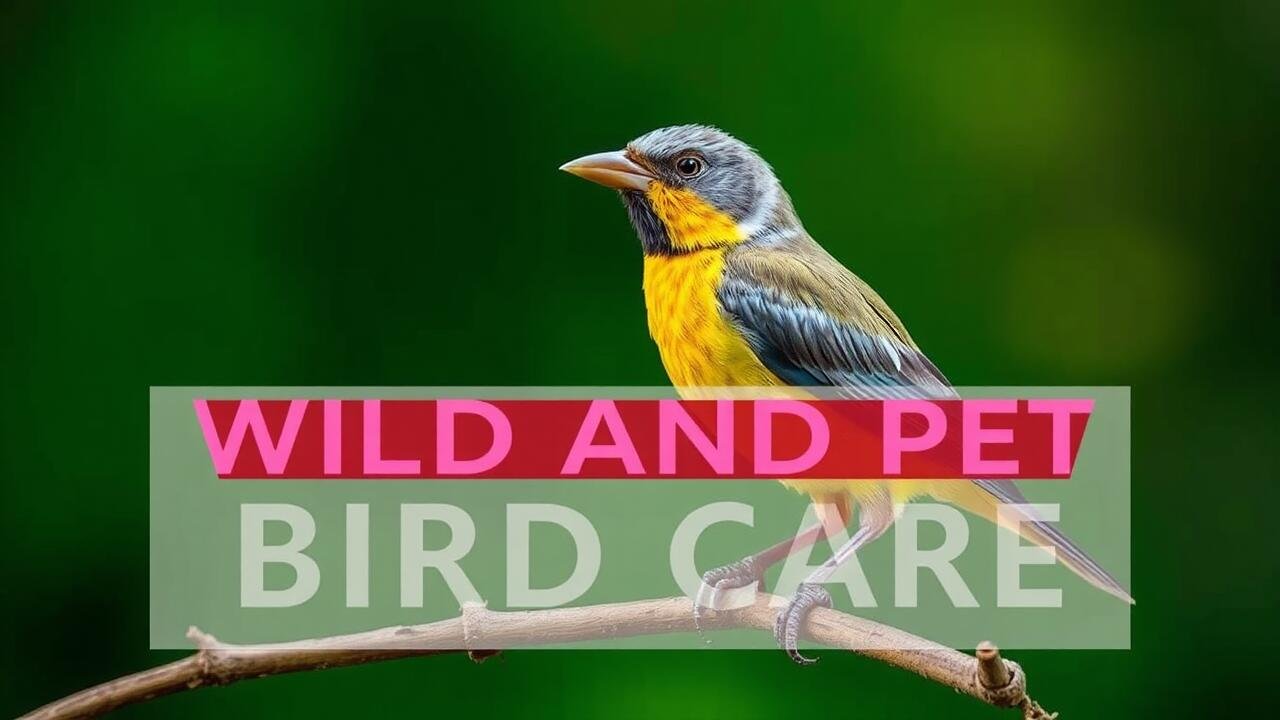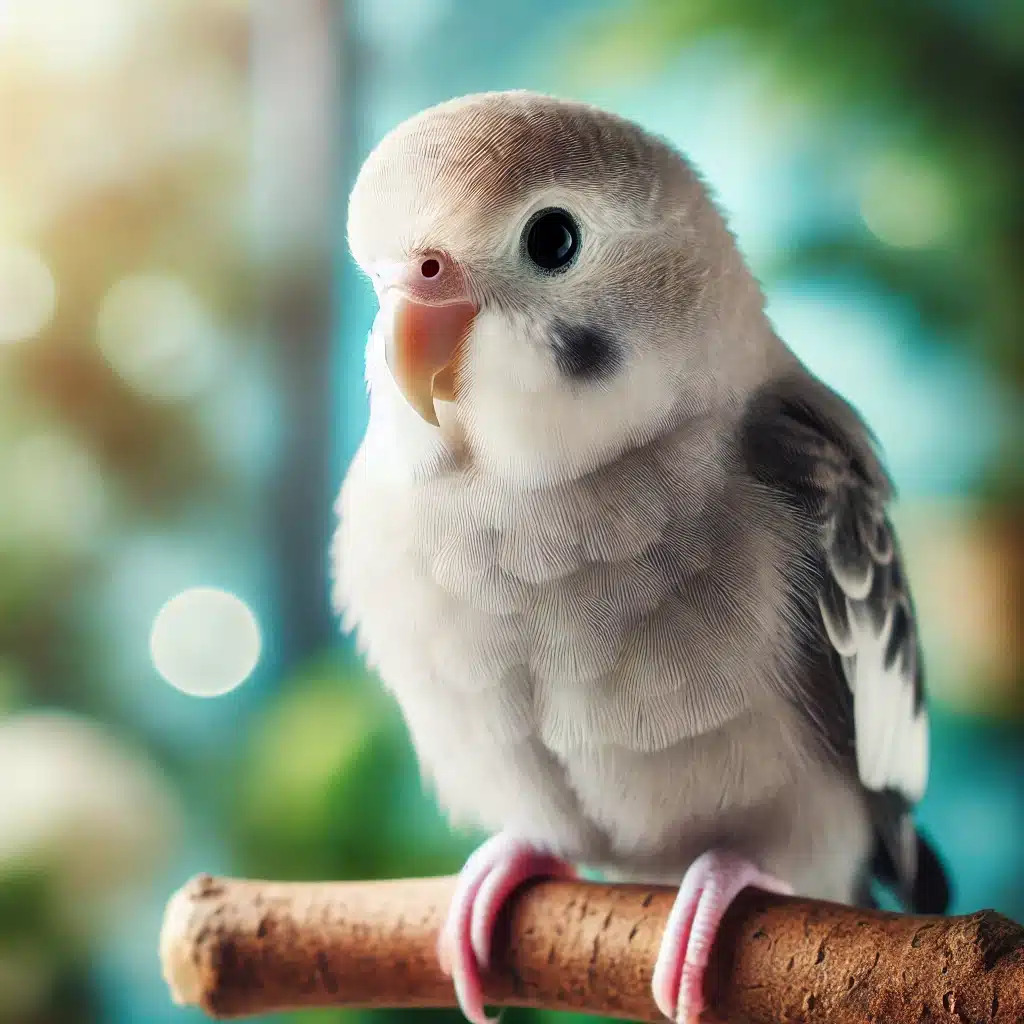Proper Cage Setup
Creating a suitable environment for your pet bird starts with selecting the right cage. Consider the species and size of your bird when choosing dimensions. A general guideline is to ensure the cage is spacious enough for your bird to stretch its wings fully and move around comfortably. Horizontal bars promote climbing, which is essential for many birds. Additionally, avoid cages with narrow spacing between the bars to prevent escape or injury.
Placement of the cage plays a critical role in your bird’s health and mood. Position it in a well-lit area, avoiding direct sunlight and drafts. Temperature fluctuations can be harmful. Ensure the cage is away from potential hazards such as other pets or high-traffic areas. Adding perches of varying sizes can provide enrichment and comfort. Accessories like toys and food dishes should be easily accessible, creating a functional yet playful habitat.
Have a peek at this blog for further readings.
Essentials for a Comfortable Habitat
Creating a comfortable habitat for your pet bird involves providing adequate space, security, and stimulation. A spacious cage with appropriate dimensions allows your bird to stretch its wings and move freely. The cage should be equipped with perches of varying sizes and materials, encouraging natural behaviors and preventing foot problems. Toys are essential for mental stimulation, offering opportunities for exercise and play. Regularly rotating toys can keep your bird engaged and prevent boredom.
Temperature is another crucial factor in your bird’s habitat. Maintaining a stable environment free from drafts and extreme temperatures promotes overall well-being. It’s also important to include natural elements like branches or safe plants, which can replicate the bird’s natural habitat. Regular cleaning of the cage and changing of bedding material will help in promoting good hygiene. Providing a quiet refuge with dark corners allows your bird to feel secure, reducing stress and anxiety.
Importance of Fresh Water
Access to clean and fresh water is crucial for the overall health of pet birds. Water plays a vital role in their digestion, helps regulate body temperature, and supports essential metabolic functions. Without adequate hydration, birds may experience a range of health issues, including dehydration and various systemic problems. Providing water becomes especially important in warmer conditions, where birds can quickly lose fluids.
It is essential to change the water daily to ensure its freshness and cleanliness. Containers should be thoroughly cleaned on a regular basis to prevent bacteria and mold buildup. Using shallow bowls can encourage birds to drink more easily, whereas some species may prefer fine misting or water baths as part of their hydration routine. Observing your bird’s drinking habits can help you understand their needs better and ensure they stay healthy.
Daily Maintenance Tips
Maintaining a clean environment is vital for your pet bird’s health. Daily inspection of the cage should include checking for droppings, leftover food, and any signs of wear or damage. Regularly cleaning the cage prevents the buildup of harmful bacteria. Use mild, bird-safe cleaners or a vinegar solution for sanitizing surfaces, ensuring that all areas are thoroughly rinsed and dried before reintroducing your bird.
Fresh food should be provided daily to promote optimal nutrition. Remove any uneaten fruits, vegetables, or seeds to avoid spoilage and contamination. Introducing variety in their diet keeps your bird engaged and healthy. Additionally, taking a few minutes each day for interaction will benefit both the bird and owner, strengthening your bond and allowing your pet to become more accustomed to handling and socialization.
Grooming and Feather Care
Regular grooming is essential for maintaining your bird’s health and appearance. Start by providing suitable perches that encourage natural behaviors, such as climbing and preening. The most common types of perches are made from natural wood, which is important for both foot health and feather maintenance. Incorporating a variety of perches can help prevent foot deformities and provide stimulation. Additionally, keeping nails trimmed is crucial, as overgrown nails can cause discomfort and even lead to injury.
Feather care involves more than just keeping them neat. Bathing is a vital part of feather maintenance, as clean feathers help regulate temperature and allow for proper flight. Birds can be offered water baths, or you can use a spray bottle filled with lukewarm water for gentle misting. Ensure that the bathing area is safe and free from drafts. Regularly checking for signs of feather plucking or damage is important, as these issues can indicate stress or health problems. Providing a nutritious diet and adequate sunlight also supports healthy feather growth.
Techniques for Bird Grooming
Maintaining your pet bird’s grooming needs is essential for their overall health. Regularly checking and trimming their nails can prevent overgrowth, which might cause discomfort or injury. A nail trimmer designed specifically for birds is ideal for this task. It’s also important to monitor their beak for any signs of overgrowth or damage, as a healthy beak is crucial for their ability to eat and interact with their environment.
Feather care should not be overlooked as well. Offering your bird opportunities for bathing will help keep their feathers clean and in good condition. Many birds enjoy slightly warm water in a shallow dish or even a fine mist from a spray bottle. Additionally, providing cuttlebone or mineral blocks can help with beak and feather maintenance. Engaging in regular gentle brushing can also assist in maintaining their feathers, promoting a healthy sheen and reducing the risk of feather-related issues.
Please check out The Complete Guide to Wild and Pet Bird Care: Tips, Products, and Resources
FAQS
What is the best cage setup for my pet bird?
A proper cage setup should provide enough space for your bird to move around comfortably, include perches at different heights, and safe toys for mental stimulation. Ensure the cage is made of bird-safe materials and is placed in a quiet area away from drafts.
How often should I change my bird’s water?
Fresh water should be provided daily to keep your pet hydrated and healthy. It’s important to clean the water dish thoroughly to prevent the growth of bacteria.
What are some grooming techniques for my bird?
Regular grooming includes trimming nails, cleaning the beak, and maintaining feather quality. You can use a soft cloth to wipe down your bird’s feathers, and it is recommended to schedule professional grooming if you are unsure about cutting nails or beaks.
How can I maintain a comfortable habitat for my bird?
To maintain a comfortable habitat, ensure the cage is cleaned regularly, provide fresh food and water daily, and keep an eye on the temperature and humidity levels. It’s also crucial to minimize loud noises and sudden changes in the environment that may stress your bird.
What signs indicate my bird may not be healthy?
Signs of an unhealthy bird include changes in appetite, abnormal droppings, lethargy, feather plucking, or excessive vocalization. If you notice any of these signs, it is advisable to consult a veterinarian with experience in avian health.
Related Links
The Ultimate Guide to Caring for Your Pet Bird: Health, Diet, and Enrichment
What is the best diet for pet birds?
How to take care of a pet bird for beginners?
What is good enrichment for birds?

My name is Shane Warren, the author behind Chirping Birds Hub – your ultimate guide to the wonderful world of birds! Unleash your inner avian explorer as we delve into a vibrant library of knowledge dedicated to all things feathered. From learning about diverse bird species from across the globe to understanding their captivating habitats and behaviors, I’m here to fuel your passion for these magnificent creatures. Not only that, but I also provide valuable insights on being a responsible and informed pet bird owner. Join our vibrant community and let’s celebrate the feathered wonders of the world together – one chirp at a time.


